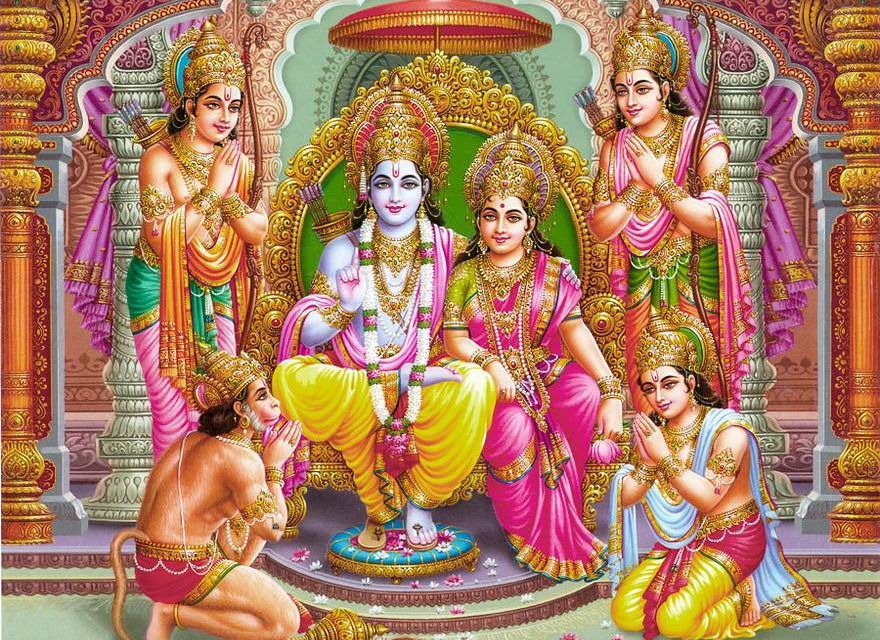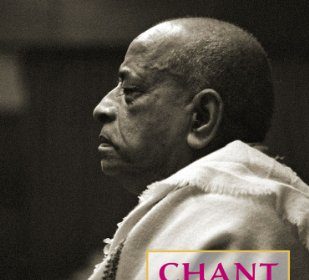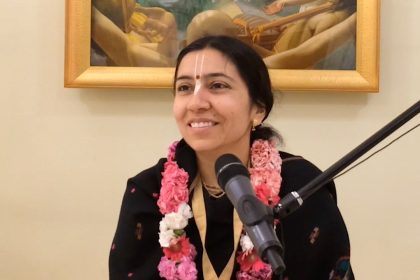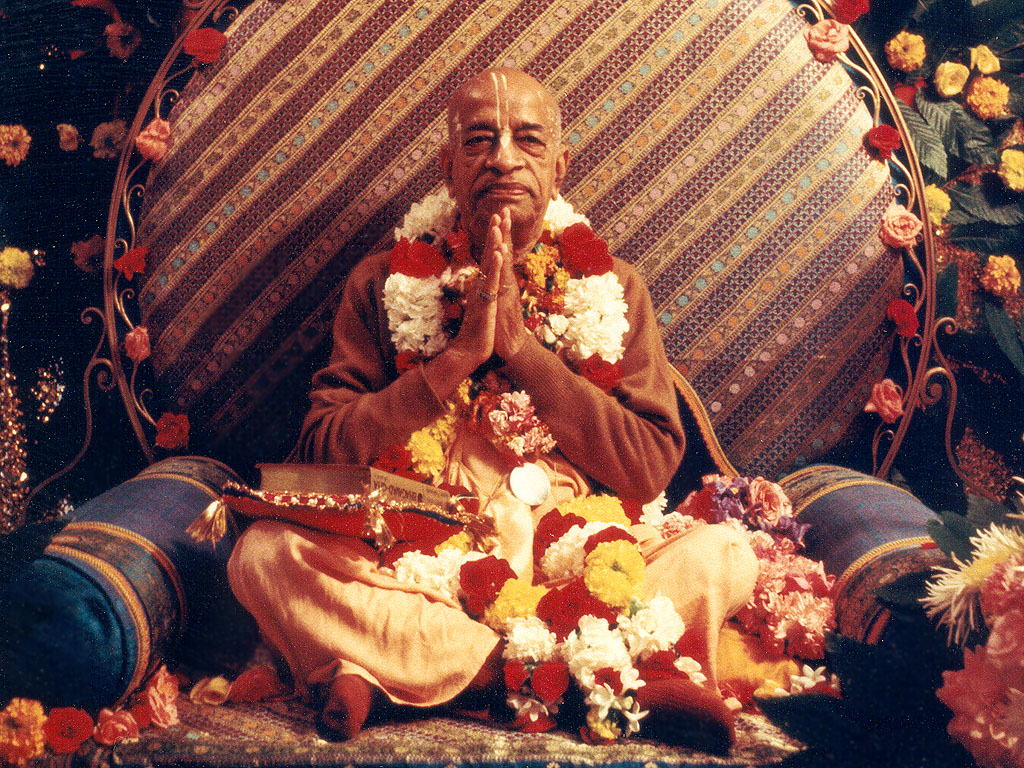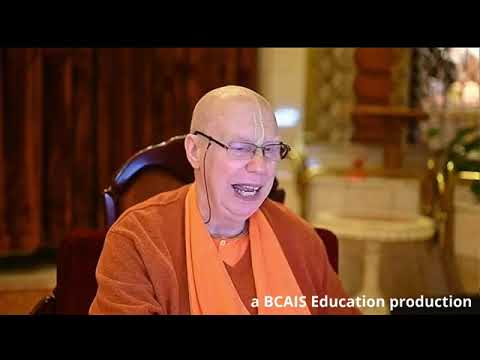TEXT 32
ye tv etad abhyasūyanto
nānutiṣṭhanti me matam
sarva-jñāna-vimūḍhāṁs tān
viddhi naṣṭān acetasaḥ
SYNONYMS
ye—those; tu—however; etat—this; abhyasūyantaḥ—out of envy; na—do not; anutiṣṭhanti—regularly perform; me—My; matam—injunction; sarva-jñāna—in all sorts of knowledge; vimūḍhān—perfectly befooled; tān—they are; viddhi—know it well; naṣṭān—all ruined; acetasaḥ—without Kṛṣṇa consciousness.
TRANSLATION
But those who, out of envy, disregard these teachings and do not follow them regularly are to be considered bereft of all knowledge, befooled, and ruined in their endeavors for perfection.
PURPORT
The flaw of not being Kṛṣṇa conscious is clearly stated herein. As there is punishment for disobedience to the order of the supreme executive head, so there is certainly punishment for disobedience to the order of the Supreme Personality of Godhead. A disobedient person, however great he may be, is ignorant of his own self, and of the Supreme Brahman, Paramātmā and the Personality of Godhead, due to a vacant heart. Therefore there is no hope of perfection of life for him.
TEXT 33
sadṛśaṁ ceṣṭate svasyāḥ
prakṛter jñānavān api
prakṛtiṁ yānti bhūtāni
nigrahaḥ kiṁ kariṣyati
SYNONYMS
sadṛśam—accordingly; ceṣṭate—tries; svasyāḥ—by his own; prakṛteḥ—modes of nature; jñāna-vān—learned; api—although; prakṛtim—nature; yānti—undergo; bhūtāni—all living entities; nigrahaḥ—repression; kim—what; kariṣyati—can do.
TRANSLATION
Even a man of knowledge acts according to his own nature, for everyone follows the nature he has acquired from the three modes. What can repression accomplish?
PURPORT
Unless one is situated on the transcendental platform of Kṛṣṇa consciousness, he cannot get free from the influence of the modes of material nature, as it is confirmed by the Lord in the Seventh Chapter (7.14). Therefore, even for the most highly educated person on the mundane plane, it is impossible to get out of the entanglement of māyā simply by theoretical knowledge, or by separating the soul from the body. There are many so-called spiritualists who outwardly pose as advanced in the science but inwardly or privately are completely under particular modes of nature which they are unable to surpass. Academically, one may be very learned, but because of his long association with material nature, he is in bondage. Kṛṣṇa consciousness helps one to get out of the material entanglement, even though one may be engaged in his prescribed duties in terms of material existence. Therefore, without being fully in Kṛṣṇa consciousness, one should not give up his occupational duties. No one should suddenly give up his prescribed duties and become a so-called yogī or transcendentalist artificially. It is better to be situated in one’s position and to try to attain Kṛṣṇa consciousness under superior training. Thus one may be freed from the clutches of Kṛṣṇa’s māyā.



